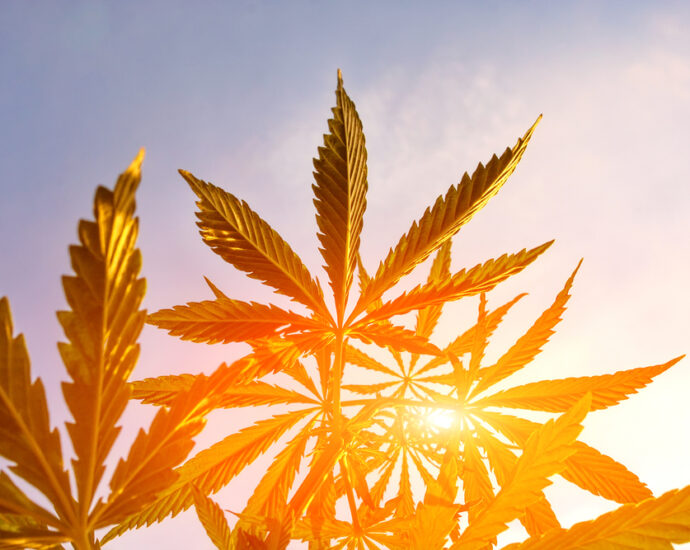In 2025, there’s been a sweeping wave of new sentiments when it comes to marijuana. In the past 50 years, support for marijuana legalization has increased by over 5 times. This social change has also corresponded with legislation being brought about across the US. In 25 states, marijuana is fully legal to possess within a specified quantity. These laws are most prevalent in Western states like Oregon, New Mexico, and Nevada as well as North-Eastern states like Maine, Delaware and New Jersey. Because this legalization includes populous states like California and New York, it estimated that over half of the entire US population lives in a place with legal recreational marijuana.
However, in places like the Midwest and the South, there are still some holdouts and some states on the fence. Kansas, for example, has no legalization or decriminalization for marijuana under any circumstances. However, states like Louisiana and Mississippi have moved towards decriminalization, but not enabling any legal access. Decriminalization in these states would mean that possession is not legal, but treated more like a minor traffic violation, rather than a serious criminal offense. Conversely, major states like Florida and Texas have legal access to marijuana for medicinal purposes, but no widespread decriminalization.
With these varying degrees of acceptance, it’s important to get a closer look at how marijuana is treated in various states. Initially, Washington was the first state to make recreational marijuana legal back in 2012. They allow users to have up to 1 ounce of ‘usable marijuana’, which means that liquid marijuana, marijuana concentrate, and edibles all have different legal quantities. In Colorado, another early adopter, has provided law to make marijuana socially accessible by enabling cannabis-smoking sections. They also legalized marijuana deliveries to households, and allowing non-residents to purchase marijuana from a licensed retailer. Marijuana is especially prevalent in Alaska, where an estimated 33% of Alaskans admit to smoking pot and all residents can possess an ounce for any purpose.
On the other side of the scale, Idaho is one of the strictest when it comes to marijuana paraphernalia. If you possess any marijuana, it is a misdemeanor that can carry up to 1 year in prison and a $1,000 max fine. If you are instead charged with distributing marijuana, it is instead a felony charge that carries up to 9 years in prison and a $30,000 max fine. Similarly, in Wyoming, having under 3 ounces of marijuana is a misdemeanor that will get you 12 months in prison and a $1,000 fine. Possessing more than that is a felony which gets you a total of 5 years and a $10,000 fine. In fact, despite 54% of Wyoming adults supporting marijuana legalization, even being under the influence of marijuana is a 6 month sentence with a $750 fine.
Other holdouts, like Kansas and South Carolina are a bit softer on marijuana. Having under an ounce of marijuana in South Carolina is a misdemeanor punishable by 30 days of imprisonment and a $200 max fine. And, while Kansas technically has no legalization in place, it is being heavily considered by lawmakers. There have been bills proposed for marijuana exemptions for military veterans, decriminalization, and even full legalization. Despite this, Kansas has yet to see any legal progress for marijuana acceptance.
However, these holdouts are exceptions rather than the general sentiment. States like California have taken it a step forward by attempting to provide social acceptance to marijuana users. Laws have been passed criminalizing California-based employers from asking about use of cannabis outside the workplace. They also disallowed hair and urine testing, unless the job is in construction or at the federal level. These measures seem to be working though, as 11% of employed US adults openly admit to using cannabis. Half of those that admit to using even say they use at or before work. This might not be all bad though, as 73% say that being high improves their productivity in the workplace. Furthermore, around 17% of those who use do so once a month, and 28% only use marijuana occasionally.
Consequently, the prevalence of marijuana testing has seen a drastic decrease. 48% of all US employers don’t test for cannabis in the pre-hire process and the number of invalid tests is also on the rise. While it’s uncertain for marijuana legislation will be in the holdout states, one thing is becoming more certain. Regardless of what state you’re in, it’s likely that marijuana is going to become a more and more prevalent topic in your workplace.

